It’s a familiar story at this point — the Biden administration looks to introduce a policy designed to tackle environmental issues, and Republicans push back.
The same narrative is playing out once again. This time, the battleground is slightly unexpected as Democrats and Republicans clash over how best to stock the cafeterias of Capitol Hill.
Phasing Out Plastic
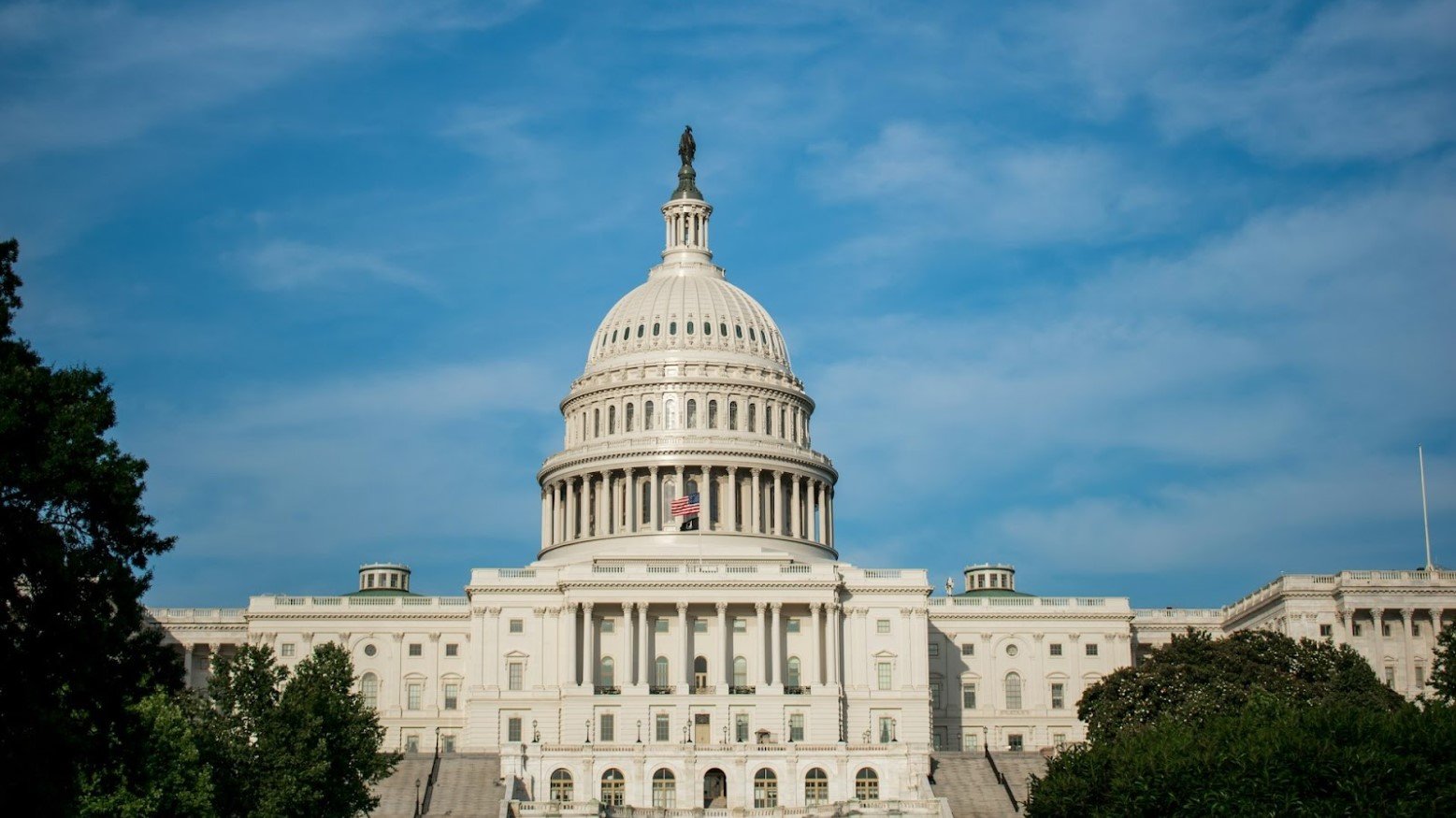
The instigator of this particular clash over environmental policy was an announcement from the White House of a plan to phase out single-use plastics from government facilities.
Alongside this, the scheme would also see tougher regulations for U.S. plastic manufacturers put in place in an attempt to tackle the issues caused by plastic pollution.
A ‘Laughable’ Move
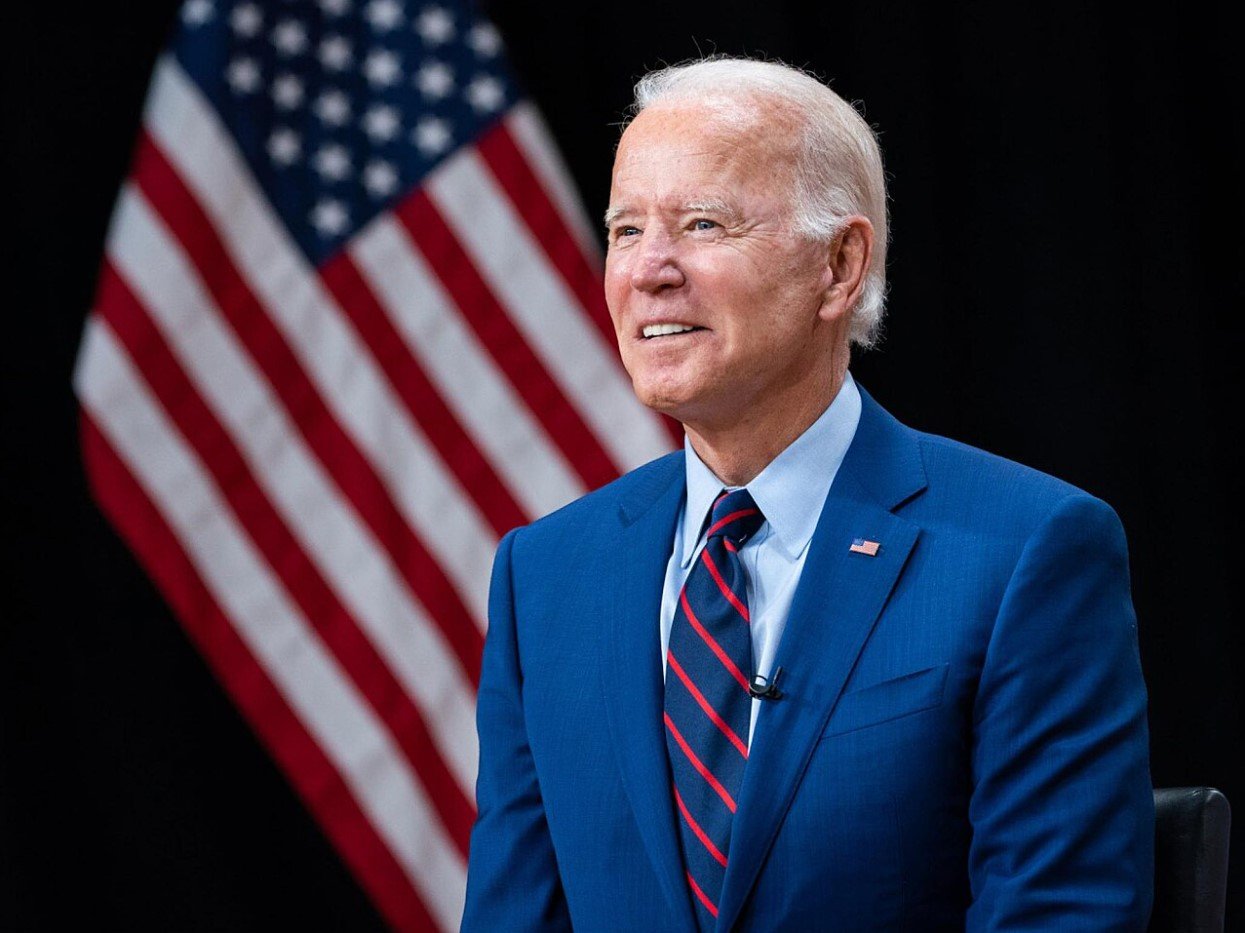
Almost on cue, Republicans spoke out against the move by the administration, with Republicans describing the plan as “laughable.”
Sen. Mike Rounds, R-S.D. said that policy is “par for the course” for the administration, criticizing this latest move from Biden: “The world’s on fire and he’s worried about plastic forks.”
Economic Concerns

The Republican rhetoric walked familiar grounds, focusing on the economic and business-centric consequences of the proposed regulations.
Republicans maintain that the move is sure to backfire for the administration as it would see costs increase and hurt plastic suppliers and the U.S. plastic industry as a whole. Sen. James Lankford, R-Okla. said, “It’s going to raise costs for a lot of folks.”
More Messaging
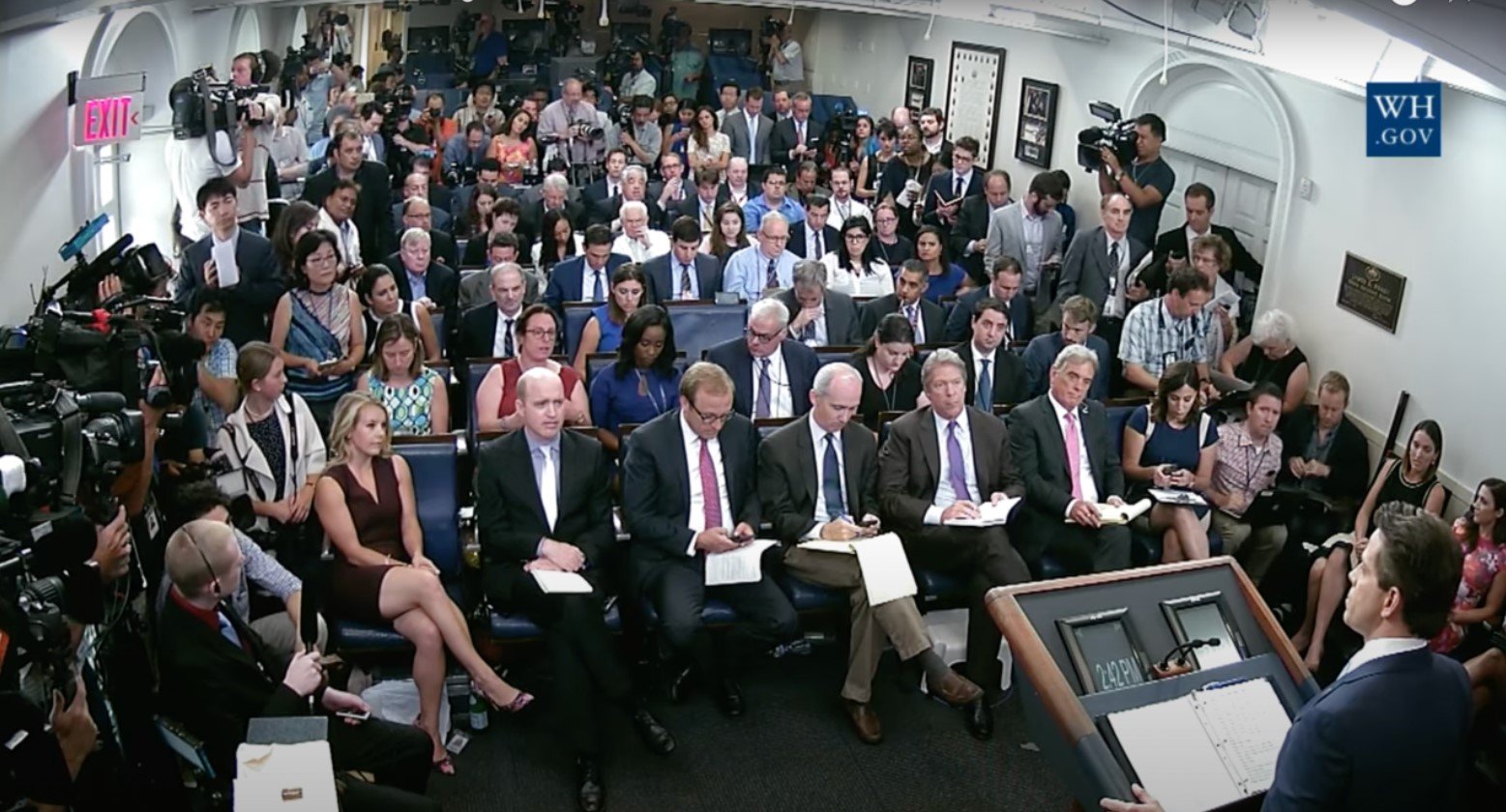
Sen. Okla elaborated on his thinking that the proposed scheme will ultimately do more harm than good, and questioned the actual politics and motivations behind it.
Speaking to the Daily Mail, Sen. Okla said of the move: “It’s more messaging and ridiculousness, and it’s a direct shot to that whole industry.”
Big Government Is the Problem
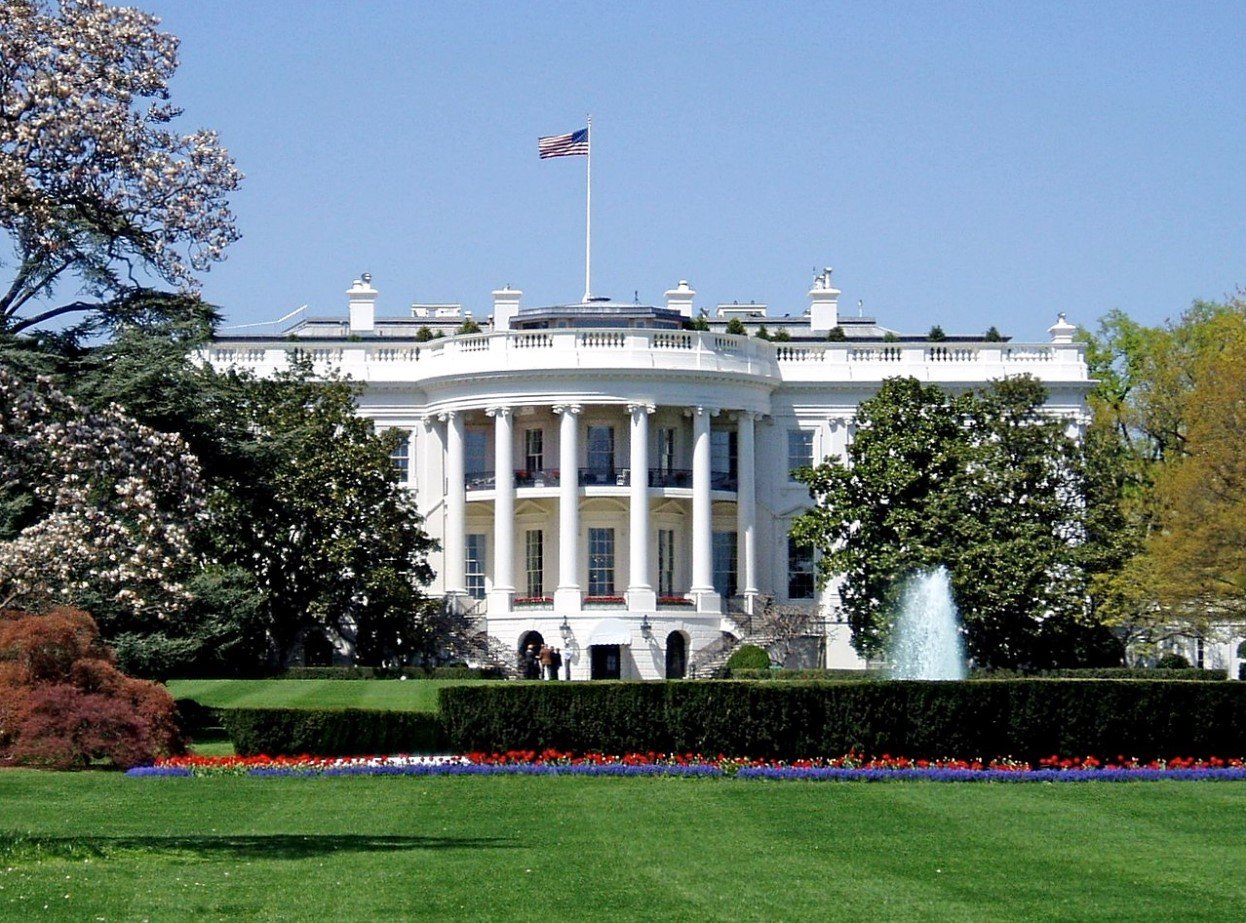
Some Republican voices have put forward the idea that greater regulation and reduced plastic use isn’t the best way to tackle pollution, but rather downsizing the government is the way to go.
Sen. Mike Lee, R-Utah speculates the government is probably the biggest consumer of single-use plastics, so the simplest way to have less plastic is to have less government.
Reducing the Government’s Environmental Impact
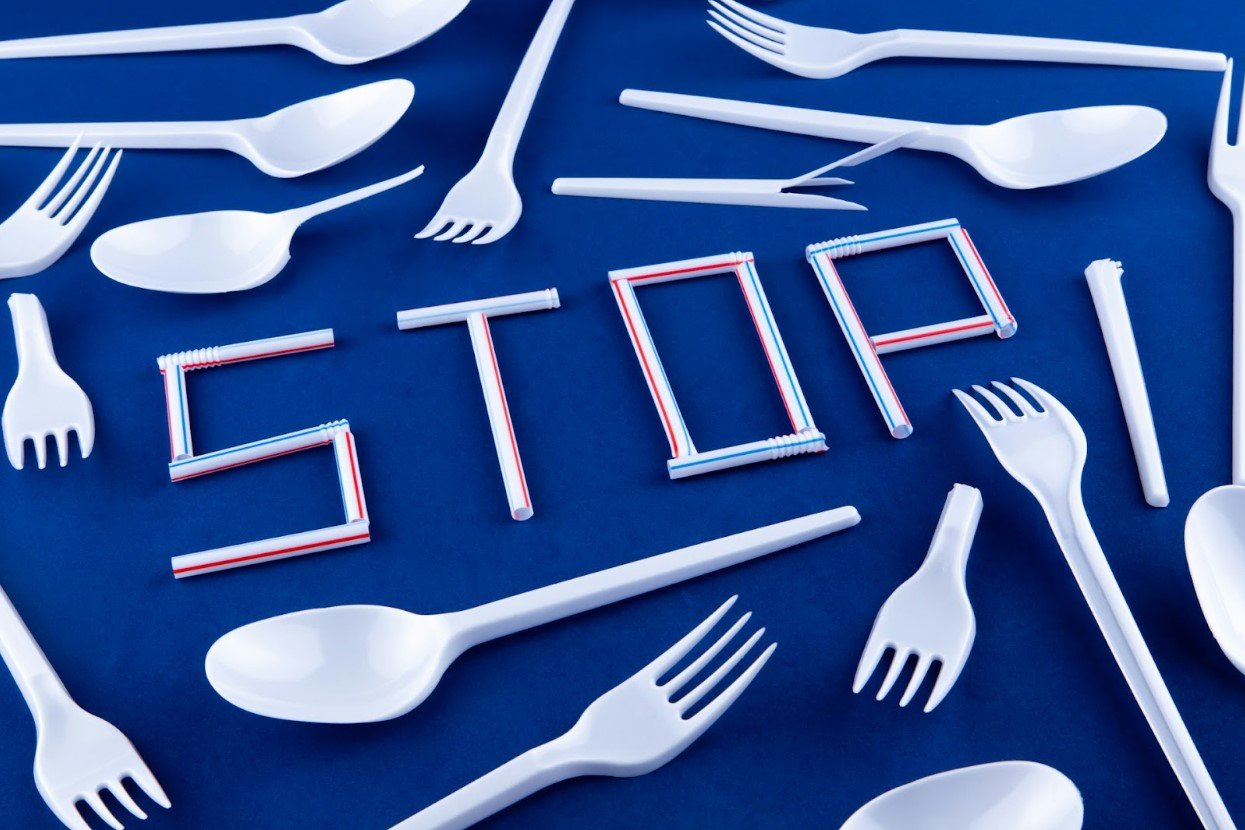
Sen. Lee says, “They should shrink the government if they want it to be less of a consumer. The reason it’s the largest consumer is because it’s it employs so many people, and it’s doing so many things it was probably never intended to do.”
“So if they want to reduce the impact of the U.S. government environmentally, they should right-size the government,” he adds.
Acknowledging the Issue

Some Republican responses have been a bit more level-headed and less sensational but nevertheless question the move by Biden.
Sen. Lindsey Graham, R-S.C. acknowledged that plastic pollution is an issue, saying, “’Well, I’d like to deal with plastics in the ocean problem. But I’m not so sure this is the answer.”
Specifics of the Plan
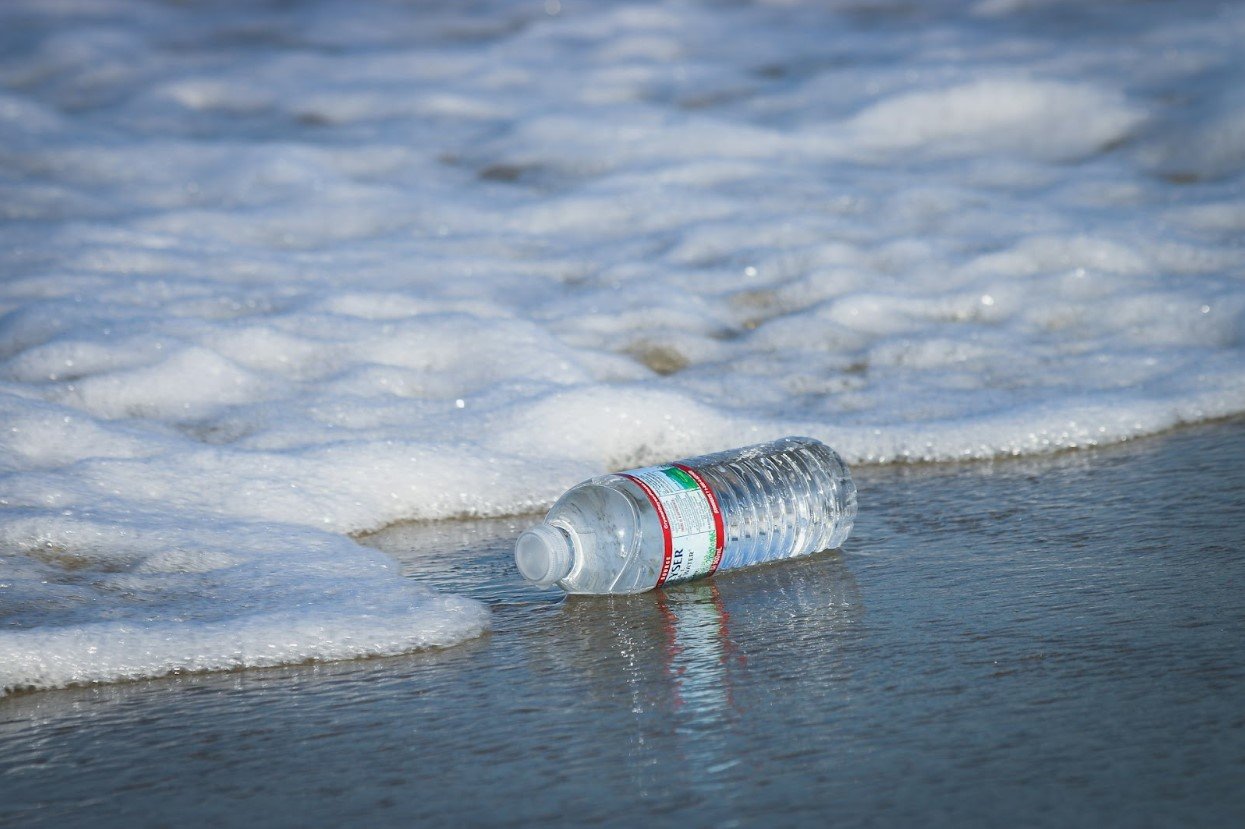
At the center of the White House initiative is the aim to phase out single-use plastics for packaging, events and food purchased by the federal government by 2027.
The ultimate aim is to completely get rid of all single-use plastics from federal government operations by the year 2035 in an effort to tackle the pollution, particularly ocean pollution, caused by these items.
Not the First Time Something Like This Has Been Attempted
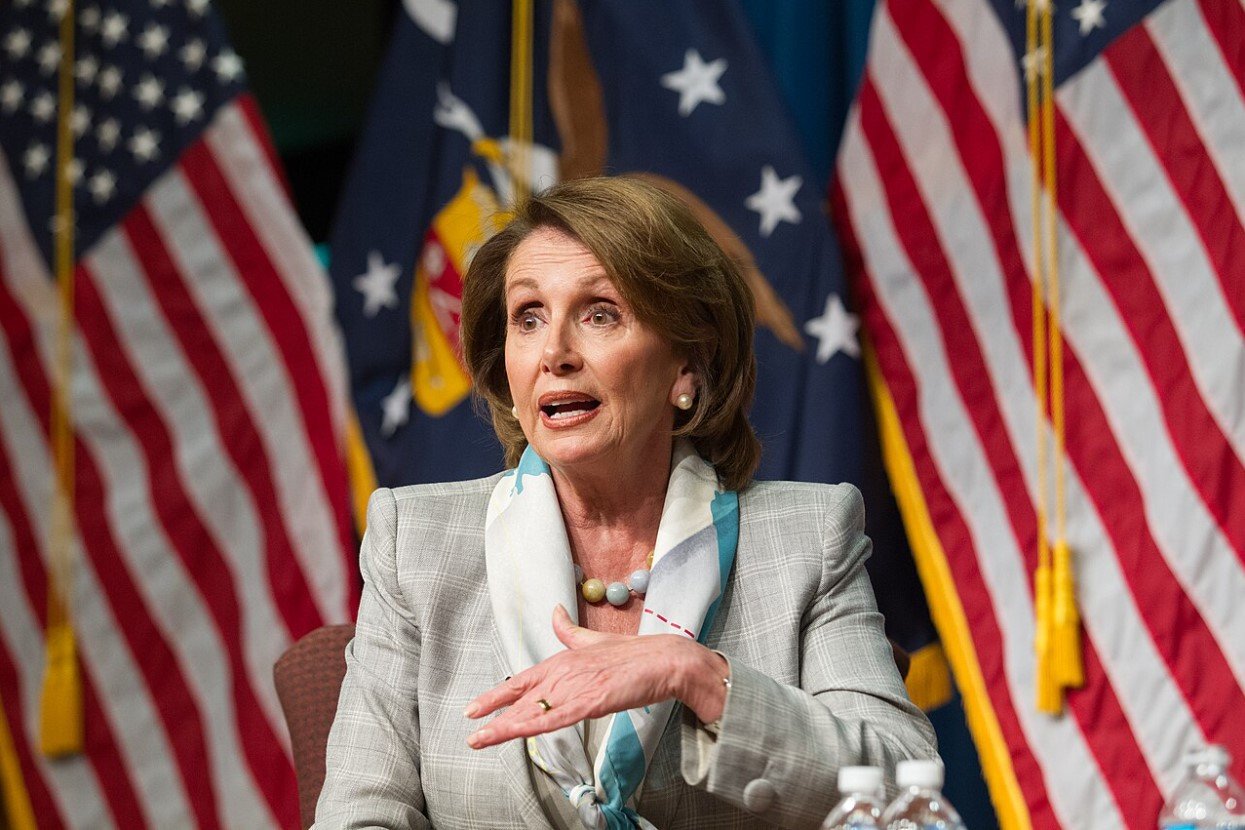
If some of this sounds familiar, it’s because it is. This is not the first time that the administration has attempted to remove single-use plastics from government activities.
In 2007, then Speaker of the House Nancy Pelosi attempted to ban all plastic cutlery and dinnerware from Capitol Hill, much to the outrage of Republicans.
Would It Even Last?
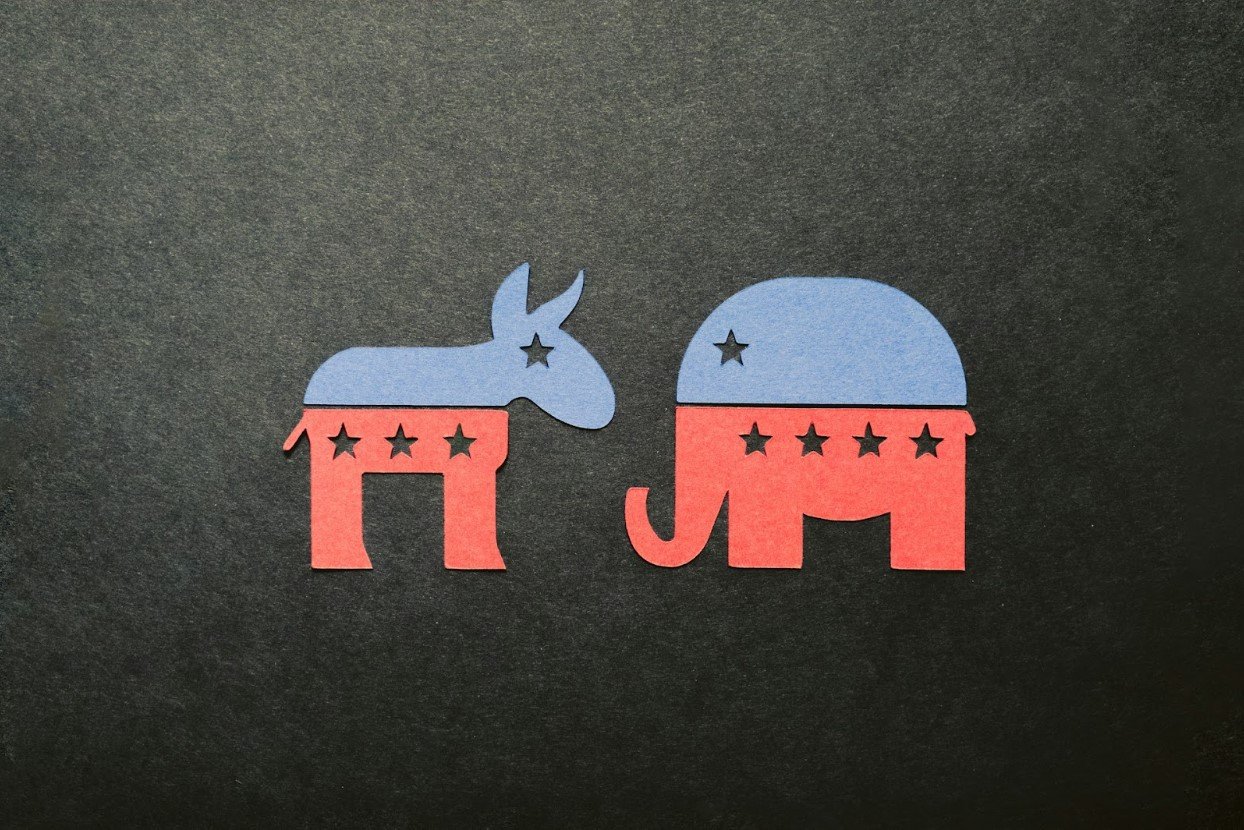
If a move like this was already attempted the better part of 20 years ago, this speaks to the potential success of this latest Biden initiative.
Once Republicans regained control of the House in 2011, they scrapped Pelosi’s ban and reintroduced single-use plastics. Should they be in a position to do so again, Republicans would surely U-turn on this ban from Biden almost immediately.
The Right, the Left and the Environment in the Middle
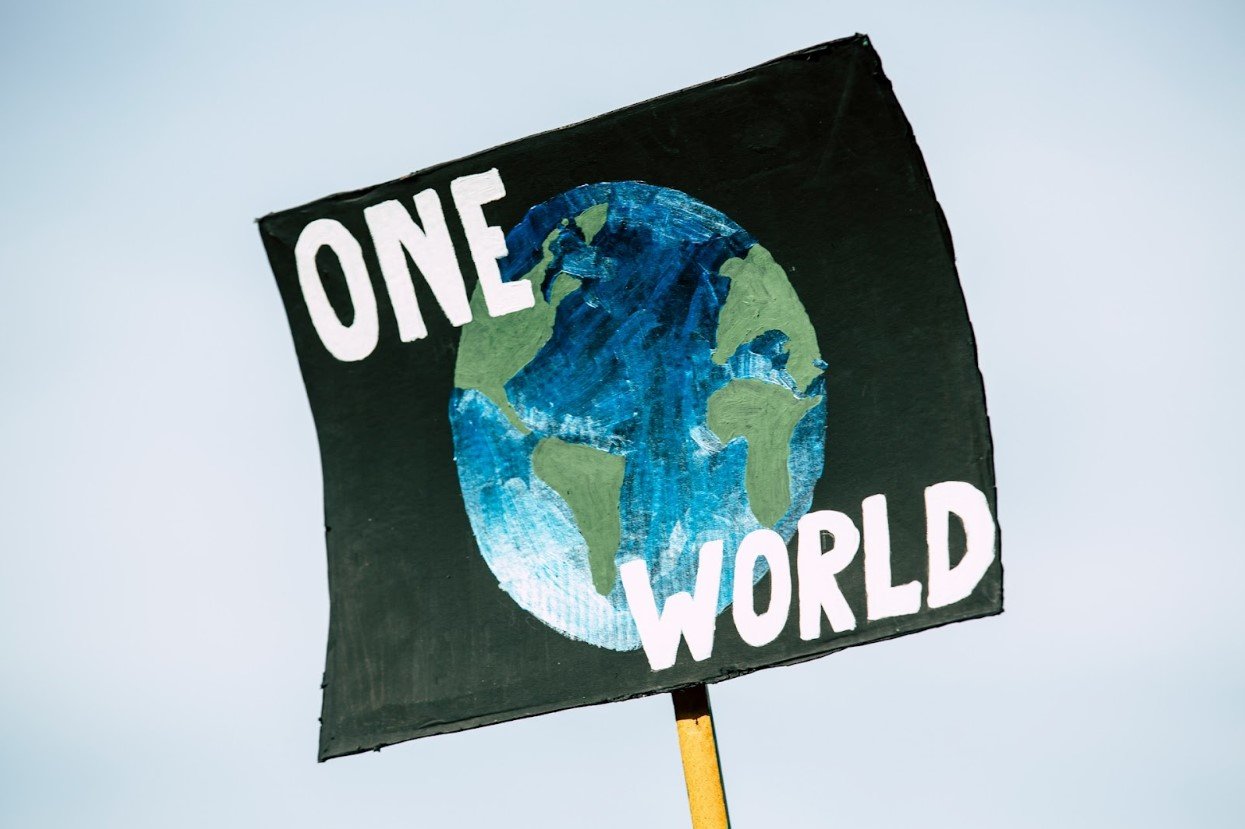
Much of the Republican opposition to this proposed phasing out of plastic at least hasn’t dismissed the impact of plastic pollution out of hand, which is encouraging. Instead, Republicans have questioned whether phasing out and regulating plastics is the best way to tackle it.
Maybe this is a step toward some partisan middle ground in tackling environmental issues, but right now it seems like just another example of the administration hitting a Republican brick wall every time they try to introduce environmental policy.
